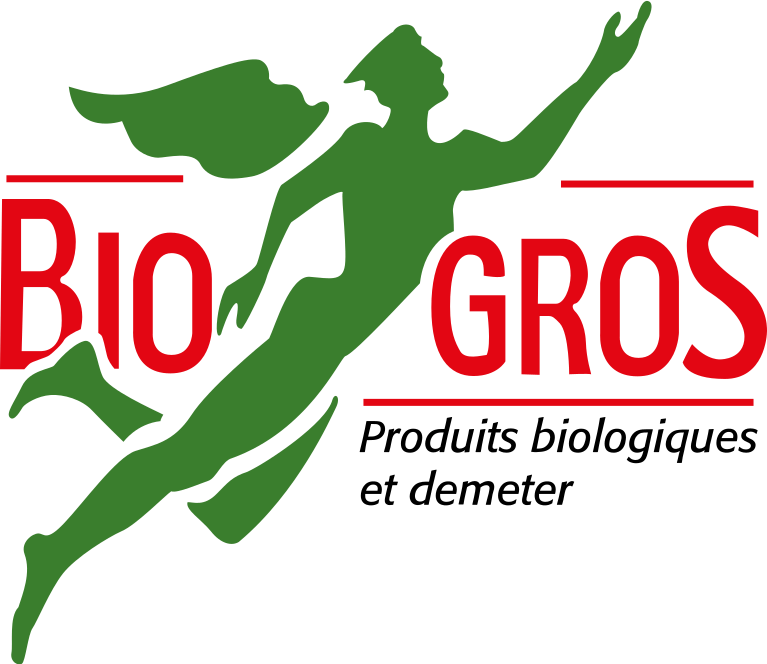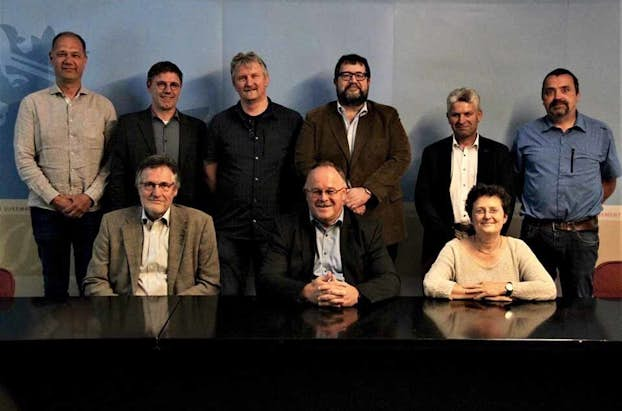- News
OIKOPOLIS and BIOG meet minister of agriculture Romain Schneider
Luxembourgs competitive advantage is not the price, but the socio-environmental quality of its organic products
On the 7th of June, a meeting between the minister of agriculture Romain Schneider (LSAP) and the representatives of the OIKOPOLIS companies and the Bio-Bauere-Genossenschaft Lëtzebuerg (BIOG) took place.
The main topic of the exchange was the political goal of the government, to increase the share of organic agriculture to 20% by 2025. Currently, the land used for organic agricultural purposes only contributes for 4,6 % of the total agricultural land.
OIKOPOLIS and BIOG welcome the 20%-target. The ambitious target will change the Luxembourgish agriculture without a doubt. Politicians and the economic world need to be aware of that and need to be willing to face new challenges.
As Luxembourgish pioneers in the organic world with an experience of 30 years in every Level of the value chain, OIKOPOLIS and BIOG see the processing and marketing of organic products as one of the greatest challenges. Organic products are in demand and enjoy a growing popularity in Luxembourg. But the consumer desire for natural, local and affordable organic products needs to be faced with the truth and transparency. In a small country with a limited potential for economy of scale in production and processing of agricultural goods, it is extremely difficult to compete with cheaper organic imports from abroad. This is visible with many dry products, such as pasta, flour and tins, but also with diary products, even though the BIOG diary plant offers a full range of high-quality diary products from Luxembourgish producers.
Marketing Luxembourgish organic products with price strategies does not work! If the government is serious with the 20%-target, the imporatant step is to get all organic parties on board and to support the solidary cooperation along the whole ecological value chain between the members - farmers, processers, retailers and consumers. Luxembourg's competitive advantage is not the price, but the socio-environmental quality of its locally and regionally produced, processed and marketed organic products.
And while Talking About prices: As long as the true costs of the industrialised and profit-driven food industry (such as soil degradation, loss in biodiversity and water pollution) is simply externalised, meaning not calculated into the retail price, organic products will lose against conventional products - despite the growing awareness for organic food. True Cost Accounting is one of the top political priorities for OIKOPOLIS and BIOG in every effort to reinforce an environment-friendly and sustainable organic agriculture.

